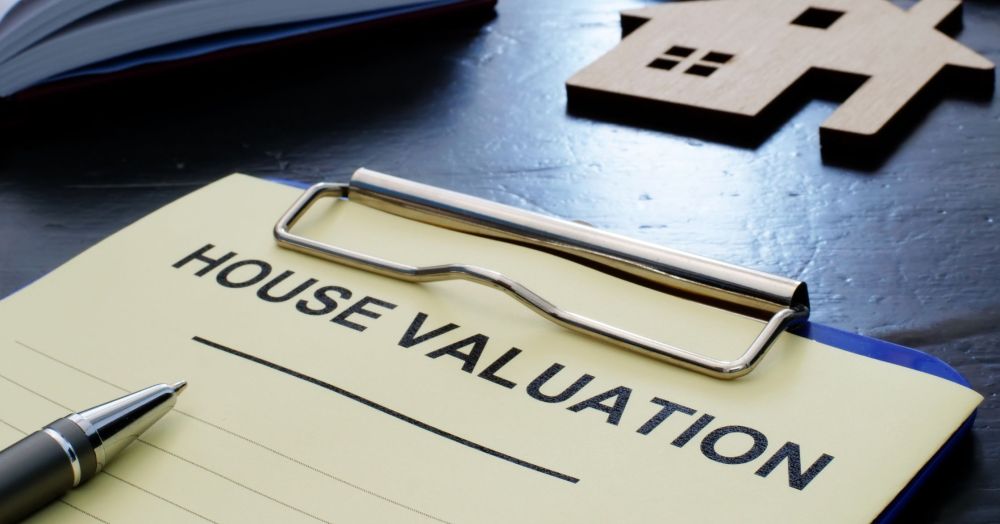Whether you're selling, refinancing, or simply curious about your home's worth, a property valuation is a key step in understanding your property’s current market value. But what exactly happens during the valuation process? Here's a breakdown of what to expect — and how to prepare.
1. Booking the Valuation Appointment
The first step is scheduling a visit with a qualified estate agent or RICS-registered surveyor. This could be arranged directly by you, your estate agent, or your mortgage lender if you're refinancing or applying for a loan.
Depending on the type of valuation — whether it's a full market appraisal or a lender’s mortgage valuation — the process can vary slightly in detail and scope.
2. The Valuer’s Visit: What They’ll Look At
During the appointment, the valuer will conduct a thorough inspection of your property. This usually includes:
- Size and layout: Square footage, number of bedrooms, bathrooms, and how the space flows.
- Condition: General upkeep, quality of finishes, age of the kitchen and bathrooms, structural integrity.
- Improvements and upgrades: Extensions, renovations, new windows, kitchens, or bathrooms.
- Exterior and kerb appeal: Roof, garden, driveway, garage, and overall first impressions.
- Location and setting: Proximity to schools, transport links, amenities, noise levels, and desirability of the neighbourhood.
The visit typically lasts between 20–60 minutes depending on the size and complexity of your property.
3. What You Can Do to Prepare
While valuers are trained to see past surface-level details, presenting your home well can still make a difference:
Tidy up: Clean, declutter, and make the space look its best.
Fix minor issues: Loose handles, dripping taps, or cracked tiles can stand out.
Gather key documents: Planning permission for extensions, building regulations, leasehold info, or recent improvements.
If you’ve made upgrades to the property, let the valuer know — especially if they add to the home's value.
4. Market Analysis
After inspecting the property, the valuer will compare your home to similar properties in the area that have recently sold or are currently on the market. This helps determine a realistic and evidence-based market value.
5. Receiving the Valuation Report
Depending on the type of valuation, you’ll either receive a formal written report or feedback via your estate agent. This usually includes:
The estimated market value
Comparable property sales
Any key observations or factors affecting the valuation
This information can help guide pricing strategy if you're selling, or inform your next steps if you're re-mortgaging or investing.
6. What Happens Next?
If you're selling, you can now work with your agent to list the property at the right price. If you're buying or refinancing, the lender will use the valuation to inform how much they’re willing to lend.
If the valuation is lower than expected, you may want to ask for clarification or even a second opinion — especially if you have additional data or comparable to present.
Final Thoughts
The property valuation process is a crucial part of any buying or selling journey. By knowing what to expect and how to prepare, you can help ensure a smooth, stress-free experience — and potentially even boost the value of your home.
If you're considering selling or simply want an up-to-date assessment of your property’s worth, don’t hesitate to get in touch with our experienced team. We're here to help guide you through every step of the way.
